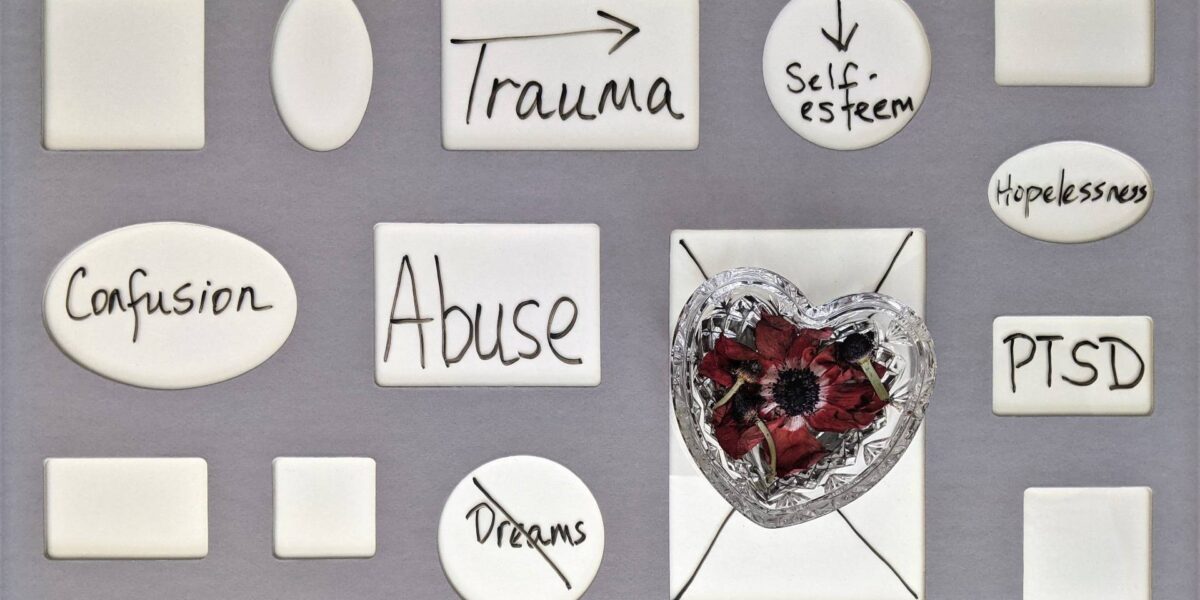During the 21st anniversary memorials for 9/11, at ground zero in New York City, on Sunday, September 11, 2022, the New York Times interviewed people who had lost someone during the tragedy 21 years ago.
Here are the thoughts of a victim’s sister reported by the Times:
“Anthoula Katsimatides, 50, an actress and a trustee for the 9/11 Memorial and Museum, lost her brother John Katsimatides, 31, a bonds broker at Cantor Fitzgerald.
“The more the time passes, the easier it is for people to forget or to put it on the back burner,” she said. Ms. Katsimatides said the goal of the yearly remembrance was to “teach younger generations” in an effort to avoid a similar tragedy in the future.
“They need to know, they need to be educated,” Ms. Katsimatides said. “And then it’ll be their task to take the torch and pass it on.”
I want to borrow Ms. Katsimatides’ comment and use it to frame a virtual memorial for all those children who had a personal 9/11 when their childhood was taken away from them by an abuser, an exploiter, a soul murderer. In particular, I want to remember the Quebec Orphans who were abused in provincial institutions decades ago and who have never had a memorial to their suffering and loss. They even suffered a further ignominy when they were forgotten and ignored during Pope Francis’ recent historic penitential pilgrimage to console indigenous victims of abuse in Canada.
I therefore implore the citizens of Canada and their media never to forget, to always use a tragedy such as child abuse as a teachable moment for the next generation. For it is our solemn duty to pass on to the next generation our sorrow, our compassion, and our resolution “Never Again” (as Pope Francis said in Quebec City on July 28), lest we forget.
As Katsimatides wisely notes, people forget after a while, but we must keep that memory alive— not to be morbid or melancholic, but to bear witness to our common humanity and heritage. A similar message was bequeathed to us by someone else who recently passed on: back in 2001, Queen Elizabeth II sent words of comfort and support for our national grieving, reminding us that “Grief is the price we pay for love.”
Another exhortation is offered to us by Prof. Martha Minow of Harvard Law School in her remarkable consideration of how society should respond to mass atrocities like 9/11. In her Between Vengeance and Forgiveness (1998) Minow too struggles with the challenge of how best to bear witness to violence and trauma in civil society. But we must respond, she demands, for “Dwelling in the frozen space of inability and incapacity is unacceptable, unresponsive to victims, unavailing to the waiting future.”
Again (as Katsimatides urged), Minow claims that our response to atrocity has obligations to the past and to the future. Even when our small efforts to “join in the resistance to forgetting” may be judged incomplete and inadequate—when we are confronted with the failures of speech and justice, of truth-telling and reparation, of remembering and educating— nevertheless, speaking out is our obligation to victims and survivors:
“It is a missive to the next generation, in the next century, in the fearful acknowledgement that we are not done with mass violence, nor expert in recovering from it.”[1998, p.6]
So let us at least try to remember, lest we forget. Let us heed Anthoula, and Elizabeth and Martha, let us lift that torch, keep it lit in memory, and pass it on to the next generation, so that the fate of victims, of the Quebec Orphans, and of all the other abused children in Canada and around the world, will never be forgotten. As Quebec license plates proclaim: “Je me souviens”.



